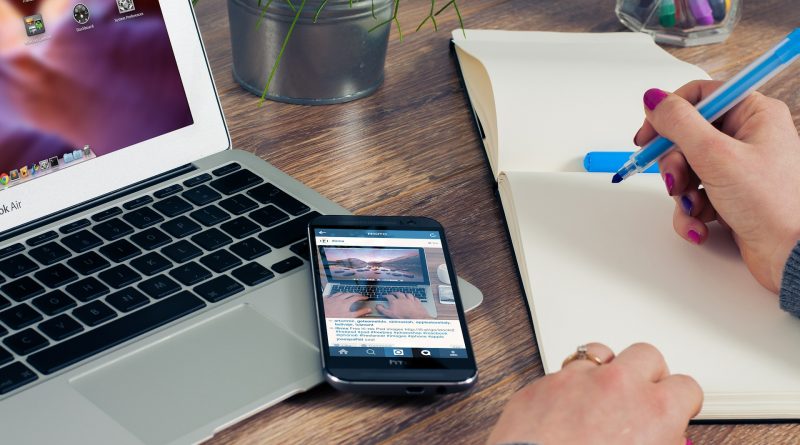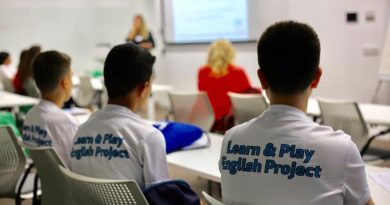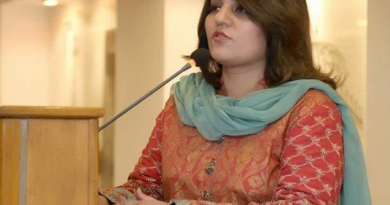The Impact of Mobile Technology on the Lives of People with Learning Disabilities
Peter Williams is a Post-doctoral Research Fellow in the Department of Information Studies at University College London. He has spent the last 20 years investigating the role of information technology in the fields of education, health and the news media. Much of his recent research has involved people with learning disabilities. He is currently working on a three year Fellowship awarded by the British Academy, investigating the role of ‘mobile technology’ in the lives of this cohort. Pete has published over 120 articles and book chapters (40 as first author) and has co-authored two books.

Mobile technology, in the form of smart phones, tablets, laptops and their accompanying functionality/apps etc., is becoming ubiquitous. Despite this, there has been little research into the experiences of such technology by people with learning disabilities, the difficulties they may face, and how the technology could be improved to enable the greater access to entertainment, information, communication and other benefits it can offer.
The presentation describes research funded by the British Academy addressing these issues. However, rather simply following the usual procedure of gathering and analysing ‘data’ to which individual ‘research subjects’ have no access, participants will co-produce an accessible, annotated and hyperlinked e-archive of their experiences – thus involving people with LD as informants, contributors and, in effect, co-researchers.
Approximately 80 adults who have ‘mild’ learning disabilities will be involved in the project. Data gathering consists of small group discussions about usage and impact, barriers and how the technology could be made better. Individuals from these groups are then interviewed one by one, demonstrating their usage with their mobile device, allowing the researcher to explore usability issues. During these sessions, participants record their observations on to the e-archive, with the researcher assisting and typing the content.
Working with this cohort requires an even greater attention to methodological and ethical considerations than would generally be the case. In addition to outlining the project, the presentation will explore some of these, including that of understanding the research and giving informed consent; issues to take into account when interviewing people with learning disabilities.




This is very interesting, You’re a very skilled blogger.
I’ve joined your feed and look forward to seeking more
of your magnificent post. Also, I have shared your site in my social
networks! https://918.network/downloads/87-3win8